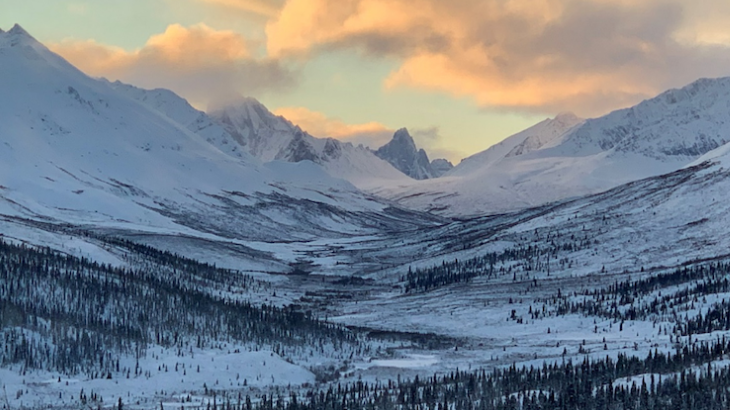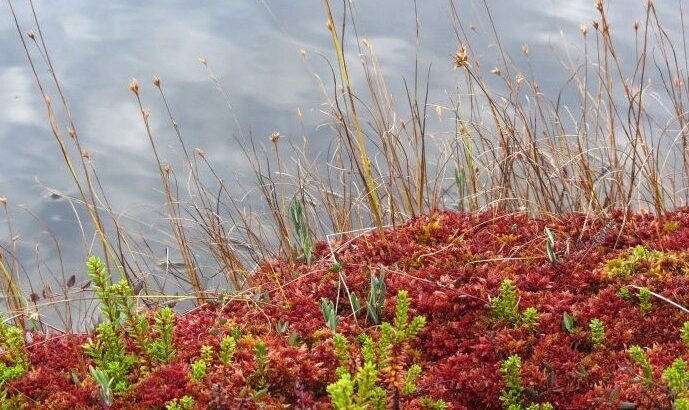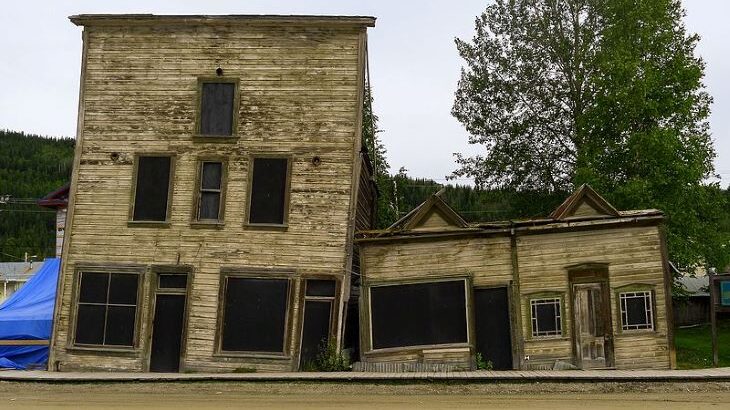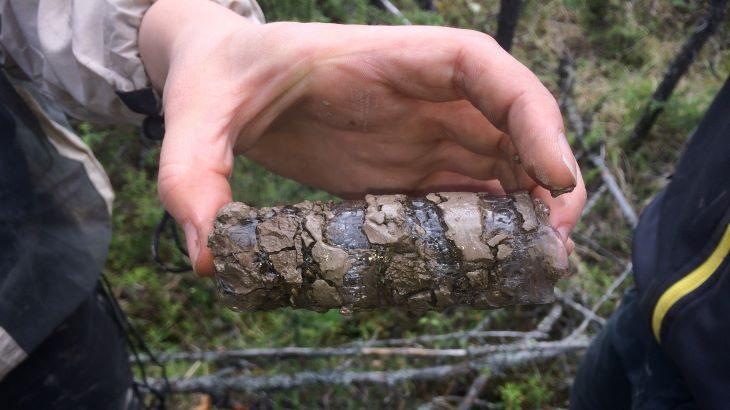
By Zahra Nasser, Chemistry editor They say: an apple a day keeps the doctor away. But is this phrase as true today as when it was coined in 1922? Researchers in Nova Scotia found that today’s apples, although bigger and sweeter, contain fewer health benefits than they did in the past. Specifically, the levels of […]







